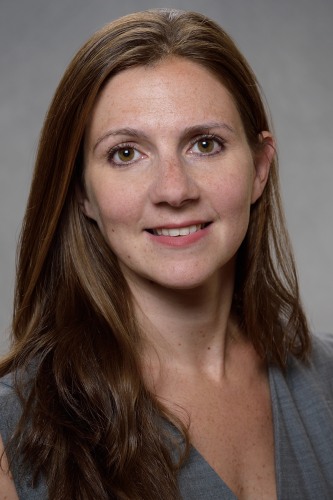
May-Tal Sauerbrun-Cutler, MD
Awards
Advance RI-CTR Mentored Research Award (2023)
"What factors impact FP preservation consultations and procedures in an insurance mandated state"
Determining the demographic and clinical characteristics that are associated with FP utilization will provide crucial information for developing strategies to target underserved populations. Identifying barriers associated with FP services following specific types of cancer diagnosis and cancer treatments, as well as additional medical, financial, social, or psychological barriers that prevent reproductive-age women from accessing FP consultations will enable us to create more efficient strategies and policies to overcome these barriers.
Despite reproductive age women with cancer being at risk for infertility after chemotherapy, radiation, andsurgery, most do not pursue fertility preservation (FP) procedures prior to cancer treatment. A FP
consultation has been shown to significantly decrease long term regret and improve quality of life even inpatients who decline FP treatments such as oocyte or embryo freezing.
The long-term goal of this line of research is to develop policies that address barriers to utilization of fertility preservation amongst reproductive age cancer survivors. The objectives of this proposal are:
- First, to use a novel database to comprehensively characterize the clinical, demographic and oncologic characteristics associated with the decision to pursue FP. To achieve this objective, information from the RI Cancer Registry (RICR) and the RI APCD (Statewide claims database) will be linked to identify differences in FP utilization in early-stage vs late-stage malignancies. We will also investigate which demographic characteristics such as partner status, race/ethnicity and resident location are associated with decreased utilization to FP care.
- Next, because information on patient perceptions, referral experiences, and provider/patient communication are essential elements in uptake, we will use qualitative methods to learn about these and other facilitators and barriers to FP.
We will conduct stakeholder interviews with community-based organizations and hospital based administrators to help develop questions to be used in individual interviews. Next, individual interviews will be conducted with survivors from both cancer support groups and hospital/clinic-based centers. The data will be stratified by two criteria creating four separate groups to compare for analysis: commercial insurance coverage subject to the insurance mandate(Y/N) and history of FP services(Y/N).